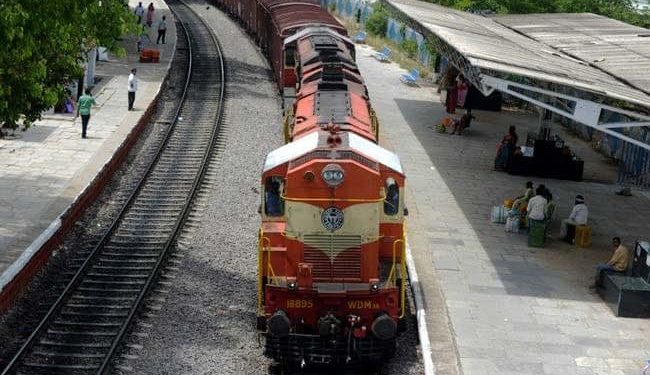New Delhi, Feb 22: Just like airlines, railways will now issue linked PNRs for connecting journeys allowing passengers to cancel their onward journey without any cancellation fee, if it is due to delay in their first leg, senior official of railways said Friday.
The facility, which will begin from April 1, will be beneficial for those passengers who are booked on continuous trains for their onward journeys and get delayed due to fog, protests or any other reason during their trip.
“In case of linked PNRs, if a rail passenger misses connecting train owing to late running of the train by which he had been travelling, the fare for untravelled portion shall be refunded, without levying any cancellation or clerkage charge,” a Railway Board order said.
However, it states that the passenger has to surrender the ticket for such refund within three hours of the actual arrival time of the first train.
This facility is applicable for all classes for both e-tickets and counter tickets and even a combination of both. Names of passengers on both the PNRs and the destination station in the main train should be same or in a defined cluster as the boarding station in the connecting train.
“This will greatly help passengers as they will not be in fear of losing money if they miss their connecting train. There were instances that the non-linking of PNRs resulted in problems for passengers during cancellation of tickets. This will be easier now,” a senior official said.
Passengers travelling by air are given the same PNR for their onward journeys if they are travelling by the same airline or are part of an alliance of airlines. This enables passengers to travel hassle-free, as their luggage is usually transferred automatically to the next flight and they are issued boarding passes for all their trips during the first leg of their journeys.
However, in case of connecting flight booked on the same PNR, if the first flight is delayed due to airline’s fault, the airline does not have to provide any compensation to passenger, according to the present DGCA regulations.







































